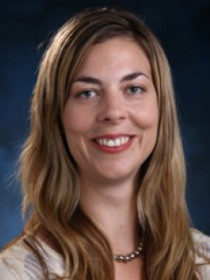Connect with Rebecca
About Rebecca
Sager has pursued an extensive research agenda on the intersection of religion, the non-profit sector, and public policy throughout her career. She started this work focusing on state level faith-based initiatives and has since expanded her research by examining the role of progressive religious non-profits in U.S. politics, as well as the role of religion in the non-profit sector in Los Angeles with the Center for Religion and Civic Culture at the University of Southern California. Her research has focused on the role of religion in political campaigns and she has been very involved in a variety of elections, including Tom Perriello’s run for congress in Virginia in 2008 and 2010 and in California’s Proposition 30 campaign to increase school funding. Sager also got to see up close how government works as a congressional fellow to Congressman Robert Scott (D-VA) in 2007. She worked with Congressman Scott on a number of issues including the federal budget, education policy, and church/state separation issues.
